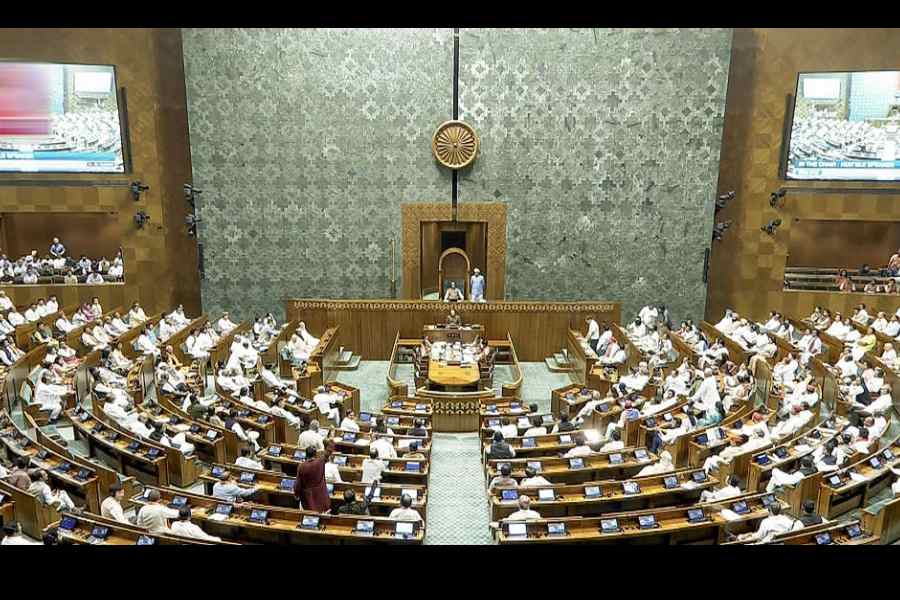The issue of the status of expelled members of Parliament has attracted public attention. This article seeks to put forth the legal position.
Under the provisions of the Tenth Schedule to the Constitution, members of the House can be categorised into three categories — belonging to a legislature party; independent member; nominated member. There are no provisions for the expulsion of members of the House from their political parties.
The Constitution (Fifty-Second Amendment) Bill, 1985, introduced in the Lok Sabha on January 24, 1985, which sought to incorporate the Tenth Schedule to the Constitution (Anti-Defection Law), provided for the expulsion from a political party as one of the grounds for disqualification from the membership of the House. However, in view of the concerns expressed by members cutting across party lines, the Rajiv Gandhi government decided to exclude this provision in deference to the predominant view that emerged.
It is a well-settled position that a political party has disciplinary control over its members and may expel a member under the provisions of the party’s Constitution. Prior to the coming to force of the Fifty-Second Constitution Amendment Act, 1985 and the rules framed thereunder, the established practice in the Lok Sabha has been that if a member of a political party was expelled from his party, he was treated as an unattached member of the House. But the Fifty-Second Constitution Amendment Act, 1985 and the rules framed thereunder do not make a provision for a situation arising out of a member’s expulsion from his political party for his activities outside the House. Hence, the Act and the rules do not stipulate the existence of an unattached member.
A similar approach was adopted during the ninth Lok Sabha when the then Speaker declared 25 members expelled from the Janata Dal as unattached. During the tenth Lok Sabha, however, the then Speaker in his decision in the Janata Dal case adopted a different approach and observed “In the past... when the Members were expelled, they were called Unattached, to distinguish them from the party Members as well as from the independent Member. The word Unattached is not used anywhere in the Tenth Schedule or any part of the Constitution of India or any other relevant laws or the Rules of Procedure followed in the Parliament.” The Speaker took the view that it is doubtful that expulsion from a political party would automatically result in the expulsion of the member from the legislature party as well.
It would be interesting to take note of the observations made by the Supreme Court in G. Viswanathan vs Speaker, Tamil Nadu Legislative Assembly and Azhagu Thirunavukkarasu vs Speaker, Tamil Nadu Legislative Assembly. “Even though a member is thrown out or expelled from the party, for the purposes of the Tenth Schedule he will not cease to be a member of the political party that had set him up as a candidate for the election. He will continue to belong to that political party even if he is treated as ‘unattached’.”
A Committee of Presiding Officers of Legislative Bodies in India under the chairmanship of Hashim Abdul Halim, the then Speaker of West Bengal’s legislative assembly, was constituted in October 1998 to review the Anti-Defection Law. In its report, the Committee pointed out that there was a significant incongruity in the anti-defection law in as much as that there was no provision to cope with situations arising out of expulsions of members. The Committee felt that the status of the expellees should be clearly spelt out in the anti-defection law.
While the Tenth Schedule of the Constitution does not contain any provision vis-à-vis the status of expelled members, the Supreme Court laid down that the expulsion of a member from a political party would not in any way affect his/her membership of Parliament or state legislature. This divergence deserves greater deliberation.
Ravindra Garimella is former Joint Secretary (Legislation), Lok Sabha Secretariat










